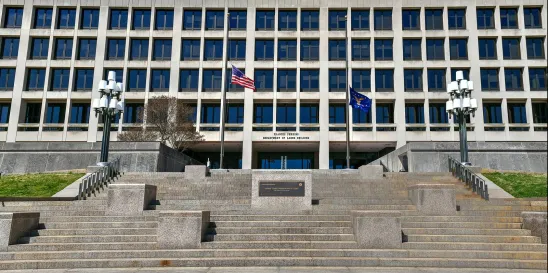The U.S. Department of Labor (“DOL”) recently filed a lawsuit against UMR, Inc., a third-party administrator and UnitedHealth Group, Inc. subsidiary. The lawsuit alleges that UMR denied thousands of claims based on diagnosis codes and allegedly failed to comply with the requirements of the Patient Protection and Affordable Care Act, as amended (“ACA”) and the DOL’s claims procedures regulation. What makes this lawsuit unusual is that the DOL has requested a nationwide injunction against UMR with respect to allegedly improperly denied claims.
Specifically, the DOL alleges that UMR violated ERISA by denying all urinary drug screenings from August 2015 to August 2018, rather than determining whether a claim was medically necessary.
The DOL also alleges that from August 2018 to the present, UMR allowed some urinary screenings that were done in an emergency setting but changed its denial code in October 2019. The DOL further alleges that the UMR “Explanation of Benefit” forms (“EOB”) also did not comply with the ACA. Specifically, the DOL alleges that after denying a patient emergency room claim, UMR sent an EOB to claimants that had insufficient information.
The DOL’s lawsuit further alleges that the denied claims did not point to specific plan provisions or rules, did not apply the prudent person layperson standard, did not inform claimants of the informal approval process, and did not state whether there was a lack of documentation or additional information to explain the claims decision.
Finally, the DOL alleges that patients who had urinary drug screening payments denied were similarly given limited information as UMR allegedly did not reference plan provisions or provide a description and explanation of the denied urinary drug screening claims. Interestingly, in a press release regarding the lawsuit, the DOL asserts that:
“UMR’s alleged decision to deny claims violated its obligation as a fiduciary under its administrative service plan documents and the law.”
Third-party administrators and employers of self-funded plans should understand that the DOL is alleging that a systemic failure to address claims properly rises to the level of a breach of fiduciary duty that calls for a substantive remedy (in this case, an injunction). The DOL’s lawsuit against UMR should be monitored to see how this law regarding fiduciary breach develops. In our experience, this is relatively new tactic by the DOL and suggests that a plan’s or third-party administrator’s claims procedures can be important and may be subject to further scrutiny by the DOL and other stakeholders.







 />i
/>i

